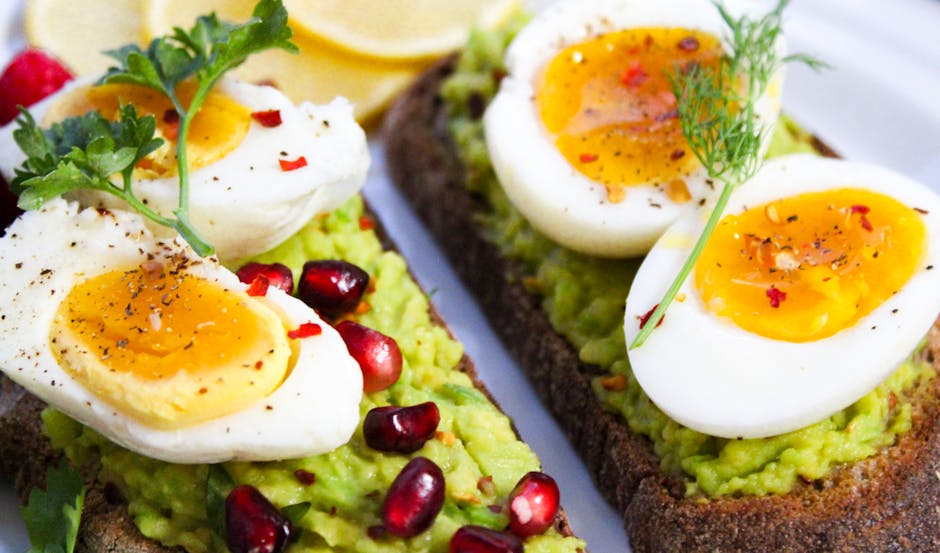Starting your day with a low-carb breakfast can be a great way to manage your weight, improve your energy levels, and stabilize your blood sugar. It doesn't have to be complicated or boring, and there are plenty of delicious and satisfying options to choose from. This guide will provide you with some inspiration and practical tips to make low-carb breakfasts a sustainable part of your routine.
Many people associate breakfast with carb-heavy foods like cereal, toast, or pancakes. However, these options can lead to blood sugar spikes and crashes, leaving you feeling sluggish and hungry shortly after eating. Low-carb breakfasts, on the other hand, focus on protein, healthy fats, and fiber-rich foods that provide sustained energy and keep you feeling full and satisfied for longer.
One of the easiest ways to transition to a low-carb breakfast is to swap out traditional grains for low-carb alternatives. Think cauliflower rice instead of oatmeal, almond flour pancakes instead of regular pancakes, or chia seed pudding instead of sugary yogurt. These swaps allow you to enjoy familiar breakfast textures and flavors without the excess carbohydrates.
Eggs are a low-carb breakfast staple, versatile and packed with protein. Scrambled, fried, poached, or baked – the possibilities are endless. You can add vegetables like spinach, mushrooms, or peppers for extra nutrients and flavor. Omelets are another great option, allowing you to incorporate a variety of low-carb fillings like cheese, ham, or avocado.
If you're short on time in the mornings, consider preparing some make-ahead low-carb breakfast options. Breakfast burritos with scrambled eggs, cheese, and salsa can be made ahead and reheated quickly. Chia seed pudding can be prepared the night before and enjoyed cold. Hard-boiled eggs are another convenient grab-and-go option.
Don't forget about the importance of healthy fats in your low-carb breakfast. Avocado, nuts, seeds, and coconut oil can add flavor and keep you feeling full and satisfied. Adding a tablespoon of nut butter to your smoothie or sprinkling some chia seeds on your yogurt can boost the nutritional value of your breakfast.
Staying hydrated is crucial, especially when following a low-carb diet. Start your day with a glass of water and continue drinking fluids throughout the morning. Unsweetened tea or coffee can also be part of your low-carb breakfast routine.
By incorporating these tips and ideas, you can easily create delicious and satisfying low-carb breakfasts that will help you achieve your health goals and start your day off right. Experiment with different recipes and find what works best for you. With a little planning and creativity, low-carb breakfasts can become a delicious and sustainable part of your healthy lifestyle.
